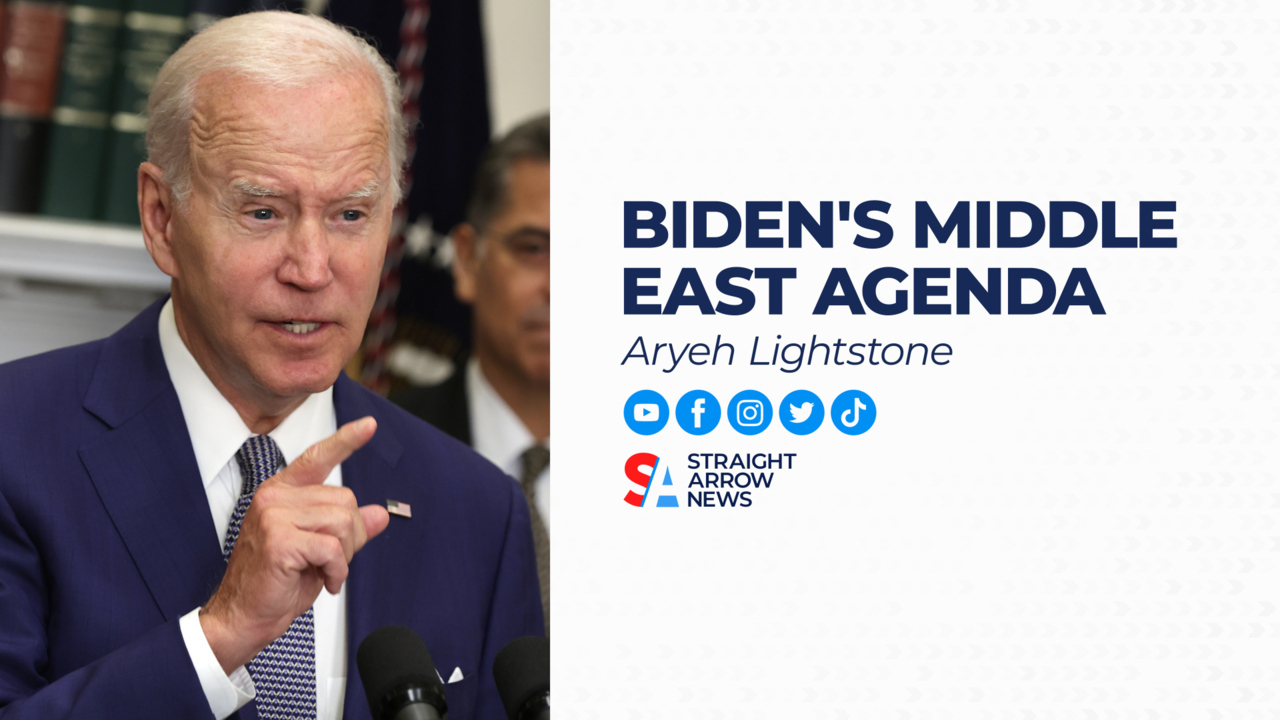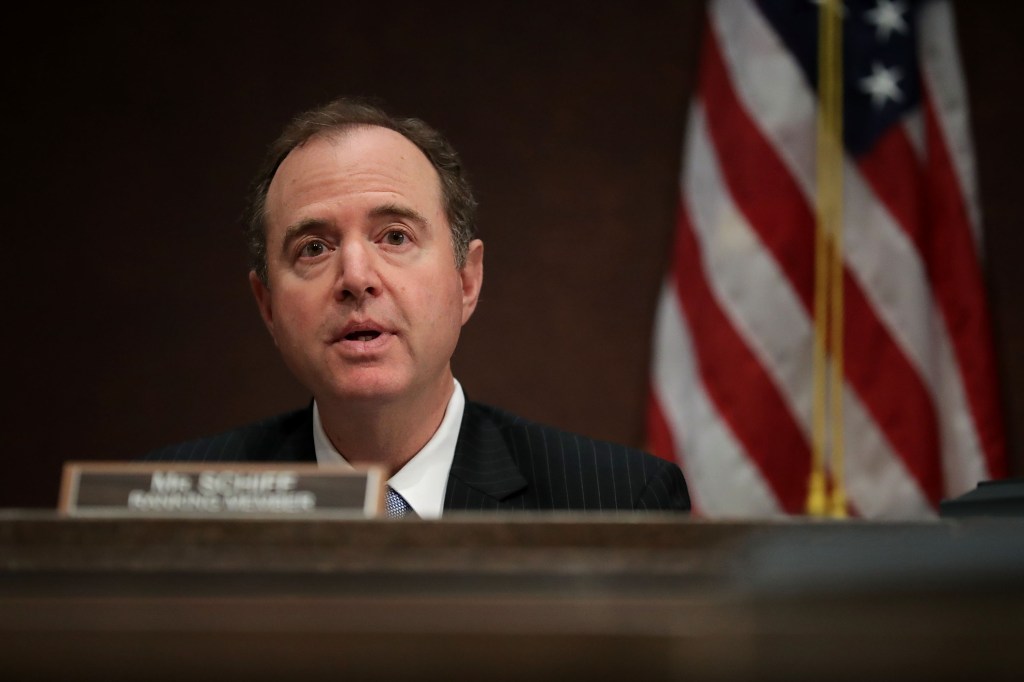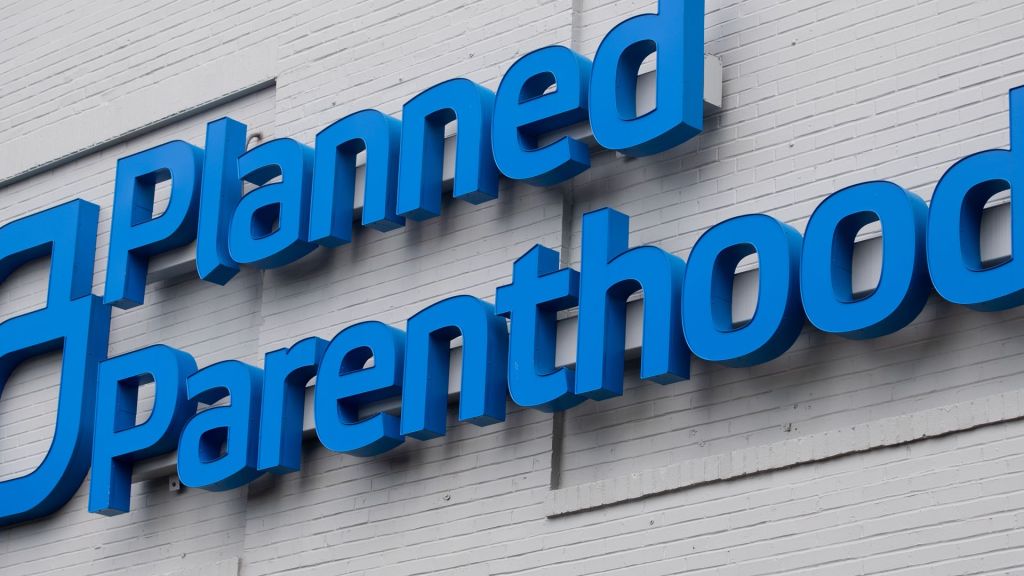
President Biden will be in the Middle East this week to visit Israel, the West Bank and Saudi Arabia. It’s an important trip for the President, as he’ll be discussing regional stability, Russian aggression, oil production, and more with the heads of those countries. While on the trip, the President will meet with a dozen of his foreign counterparts, according to a senior administration official (SAO).
The stop in Israel will include visits to the country’s defensive systems, like the Iron Dome. There will be discussions about utilizing new laser technologies to shoot down missiles and other airborne threats. They will also focus on Israel’s increased cooperation with regional allies after the Abraham Accords normalized relations between Israel, the UAE, Morocco, Bahrain and Sudan.
In the West Bank, President Biden will meet with President Mahmoud Abbas and reaffirm his commitment to a two-state solution, according to the SAO.
The President will also participate in a summit with the heads of Saudi Arabia, Kuwait, Oman, UAE, Bahrain, and Qatar, Iraq, Jordan, and Egypt.
Aryeh Lightstone, a senior adviser to the former US ambassador to Israel, David Friedman, and the author of the new book, Let My People Know: The Incredible Story of Middle East Peace―and What Lies Ahead, joined Ray Bogan to preview the President’s trip.
Ray Bogan
President Biden’s first stop on this big Middle East trip is going to be to Israel and the West Bank. The US has long had a commitment to Israel. In what ways can President Biden improve our relations with both the Israelis and the Palestinians?
Aryeh Lightstone
So in terms of improving the relations with Israel, first and foremost, they acknowledge who Israel’s mortal enemy is, and address that, like any other ally would. The elephant in the room is Iran. This administration has been attempting to rejoin the Iran deal. It’s been chasing the Iran deal. And it’s very difficult to advance your relationship in a meaningful way when the country that proclaims “death to Israel”, “death to America”, you’re trying to sit at the negotiating table. So the first thing would be a change in policy, which would be to say that we stand with you, against Iran. And if that happens, really the entire tenor of the Middle East trip changes. So that would be first and foremost, and frankly without that, almost everything else comes down to window dressing.
Ray Bogan
You just mentioned Iran. That’s going to be another incredibly important topic, not just to America, but to all of the Middle East region, and the peace and stability there. President Trump exited from the Iran nuclear deal and the Biden administration has since been trying to renegotiate its way back in. What are some of the major hurdles that countries face when trying to rein in Iran’s nuclear ambitions?
Aryeh Lightstone
Well, Iran is the number one troublemaker in the Middle East, whether it’s in Yemen or Syria, or Lebanon, or Gaza, or Iran itself, Iraq. This causes havoc to all of our allies from the United Arab Emirates, to the Kingdom of Bahrain, to the Kingdom of Saudi Arabia, to Israel, to Jordan, to Egypt. They’re (Iran) nefarious actors. When President Trump canceled the deal, it’s not because he wanted Iran to get the nuclear bomb it’s specifically because he wanted to stop them from that pursuit. And that should not be a Republican issue, and it should not be a Democratic issue, it’s an American issue. It is not in America’s interest to see Iran strengthened in any way, shape, or form. This is purely about being the United States of America. We’ve got good allies, we’ve got great allies in the region, let’s go stand strong with them. And while we are there standing with them, let’s let the nefarious actors, which is the leadership of Iran, not the Iranian people, the Iranian people are good people who want a better future for themselves, but they are held captive by their leaders. Let’s stand up for their people, but then up for all of our allies in the region. It really is that close to being black and white.
Ray Bogan
President Biden is also going to be visiting Saudi Arabia, but he’s being criticized for going there because of the country’s poor human rights record.
He responded to that criticism by writing: “I released the intelligence community’s report on the murder of Jamal Khashoggi, issued new sanctions, including on the Saudi Arabia’s Rapid Intervention Force involved in his killing, and issued 76 visa bans under a new rule barring entry into the United States for anyone found to be involved in harassing dissidents abroad.”
But at the same time, President Biden also says it’s very important to keep strong diplomatic ties with Saudi Arabia because of Russian aggression, because of the economic threat from China and the importance of Saudi Arabia to that region. So how could President Biden saying, hey, we need a good diplomatic relationship with them, but at the same time having those sanctions and those visa bans impact his diplomacy?
Aryeh Lightstone
So when President Biden started off on the campaign trail, he was committed to make the Kingdom of Saudi Arabia a pariah nation and that’s a misreading of the situation. The Saudis are an important alliance in relationship to the United States of America in the Middle East. And whether it’s economically or defense or intelligence, all of those things are relevant, and Saudis want to bring greater peace and prosperity in the region. They’re in the process of modernizing. And one of the more interesting experiments in governance in my lifetime, in our lifetime. Are they perfect? Certainly not. Is it beneficial for us to support that modernization and advancement in a meaningful way? Absolutely it is. And it If you were to ask me where the issue is, I don’t think it’s the visa ban or the sanctions, but to go to Saudi and to ask them to increase their oil production, when we ourselves could be energy independent, but have chosen not to be. They know that and we know that. I’m not sure who anybody thinks that we are faking out by not increasing our own energy production and showing up there a little bit hat in hand, weakens America and frankly weakens our alliance with Saudi as well.
Ray Bogan
Now, you just mentioned oil production, that’s going to be another really important trip as part of this trip to Saudi Arabia. And the President when he’s there is in essence meeting with the de facto ruler of OPEC. So what type of sway does an American president have with the OPEC nations if he’s trying to get them to increase production in order to lower the costs for Americans and the rest of the world?
Aryeh Lightstone
Yeah, so the recipe is there. President Trump did this successfully when he made the United States of America energy independent through cutting regulations and enhancing investments into the oil and gas industry. Suddenly, when the United States of America sits at the table with OPEC, there’s tremendous parity in between the two entities. When we’re energy weak or requiring energy from elsewhere, we don’t have the same leverage at the table. And so therefore, they’ll listen to us because we’re America, they’ll acknowledge our request. I don’t know how they’re going to react to that. And this just comes from the fact that we’ve dealt ourselves a deliberately weak hand. We should be strong, and we should have the leverage at the table. We should walk into every meeting with friends and foe, knowing that we are energy independent and capable of acting as the one real superpower in this world. I don’t know why we would sort of delegate that out to others to be able to have.
Ray Bogan
Now let me ask you about your book, Let My People Know: The Incredible Story of Middle East Peace―and What Lies Ahead.
You were literally inside the room, as the Trump administration was negotiating the Abraham Accords, which was a very important effort to try to bring peace to the region by normalizing relations between Israel and the United Arab Emirates and other countries. Now that we have the Abraham Accords, what’s the next step? Where does it go from here to continue to try to expand upon that peace?
Aryeh Lightstone
The Abraham Accords was the normalization and peace agreements between Israel and five Arab or Muslim majority countries that all came together in less than 125 days. This was a tsunami, in a good way, of diplomatic achievement for the region. And because our allies got stronger through this diplomatic achievement, we, the United States of America, got stronger as well. These accords need to be nurtured and invested in and grown. And the way to do that, as the United States of America, should be taking an active lead, saying if you stand with Israel, we stand with you. There should be a peace dividend. At the end of the day, Ray, many of these countries are competitive with each other. If there’s a peace dividend, meaning if these countries benefit directly because of the courageous step they have taken to normalize or to have peace with our great ally, Israel, and there’s a benefit to them that outweighs the risk and the cost that they took to make this than other countries will fall in line. If on the other end there’s not a peace dividend for that, then the march to a more peaceful and prosperous Middle East will be far slower than it could be, and then indeed, it should be. President Trump, Jared Kushner, Avi Berkowitz, David Friedman, Mike Pompeo, they led the charge here. It was my honor and privilege to follow their direction, and to be able to put the pieces together to enhance the Abraham Accords to put reality to the papers that were signed. And this administration should be doing more, faster and bigger to grow these accords.






